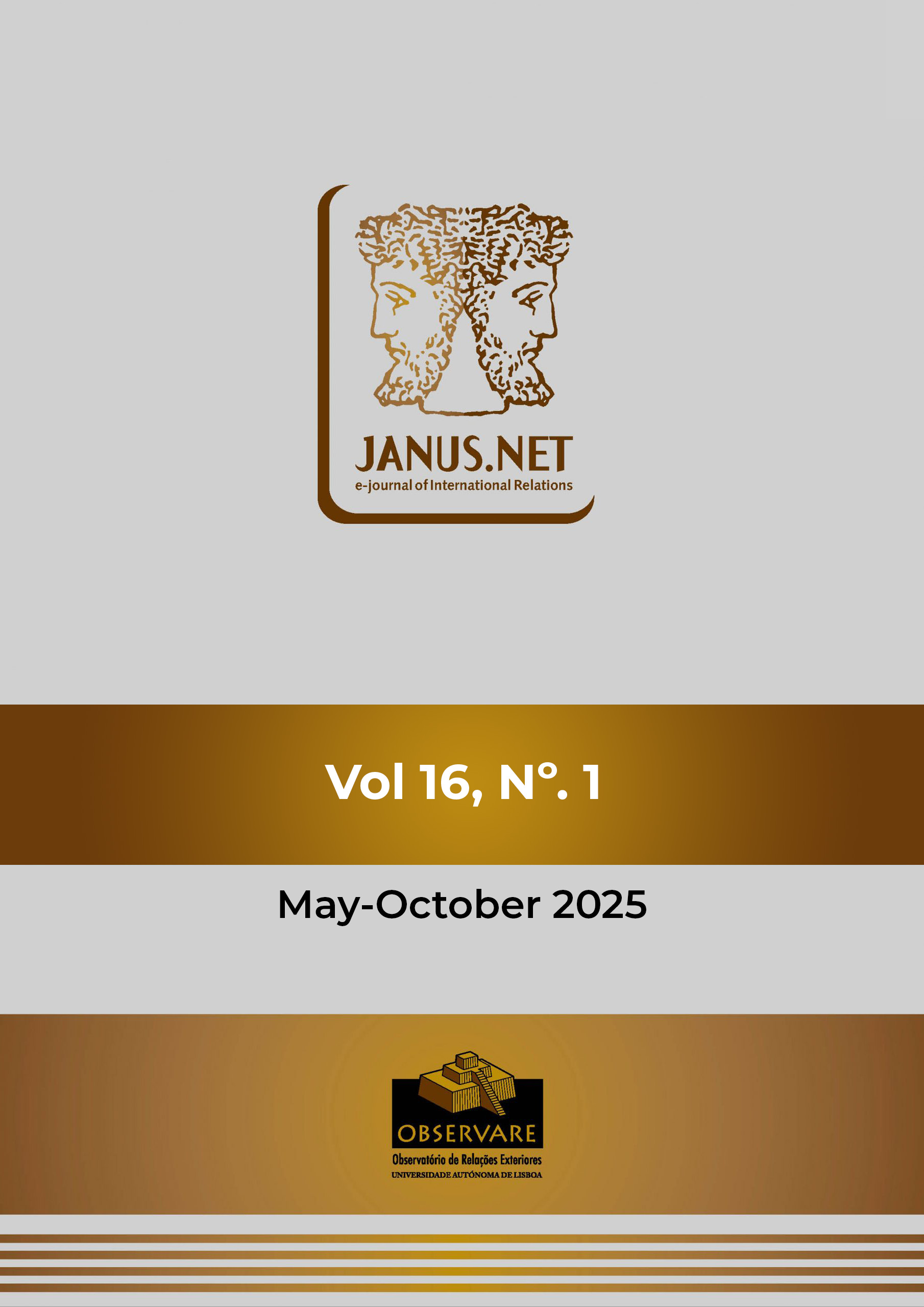South Asian geopolitics has experienced a new development. In light of the 21st century being known as the Asian century, geopolitical dynamics has become a pressing issue. Since the presence of the key global actors in South Asia has been rising, analyzing the new trends in the region’s geopolitics is becoming more important. An essential question for the study of South Asian geopolitics is how many dimensions of interactions between China and Pakistan, India and Russia, and the United States and China have an impact on the region’s geopolitics. It is crucial to examine from a variety of perspectives how the complex interactions between these super and global powers have complicated South Asian geopolitics. Additionally, it is crucial to investigate the geopolitical trends in South Asia and the problems that have affected them. These difficulties are essentially the core issues of this paper. The theoretical aspects of geopolitics for the study of South Asian geopolitics are assessed in the paper. The development and the pragmatic advancement of its geopolitics have also been extensively examined. To examine the current pragmatic geopolitics of the South Asian region, the paper has also discussed the Indo-Pacific Strategy, the China-Russia Security Dialogue Platform (CRSDP), and the Global Security Initiatives (GSI) of China. This paper has also evaluated the potential effects of the US State Partnership Program (SPP) on Nepal’s geopolitics and the geopolitics of the Himalayas in South Asia. It has adapted the qualitative method using descriptive and critical analytical approach. The paper concludes that the South Asian nations should work together to resolve the multilateral regional concerns with external actors without compromising any state’s national interests to make geopolitics in the region conducive to peace, harmony, development, cooperation, and prosperity. They have to resolve their difficulties in accordance with their respective diplomatic traditions and foreign policy tenets when it is impossible to reach a consensus. Because each state has distinct political, economic, and social dynamics, any country should avoid interfering with how other nations perceive South Asian geopolitics because doing so could lead to crisis and additional unrest in the region’s geopolitics.
GEOPOLITICS OF SOUTH ASIA: HISTORICAL ANALYSIS AND CONTEMPORARY DEBATE
https://doi.org/10.26619/1647-7251.16.1.11
HARI PRAKASH CHAND
Abstract
Keywords
Global Security Initiatives, Himalayan Geopolitics, Indo-Pacific Strategy, Geopolitics of South Asia, Theory of Geopolitics
Artigo publicado em 2025-05-20

